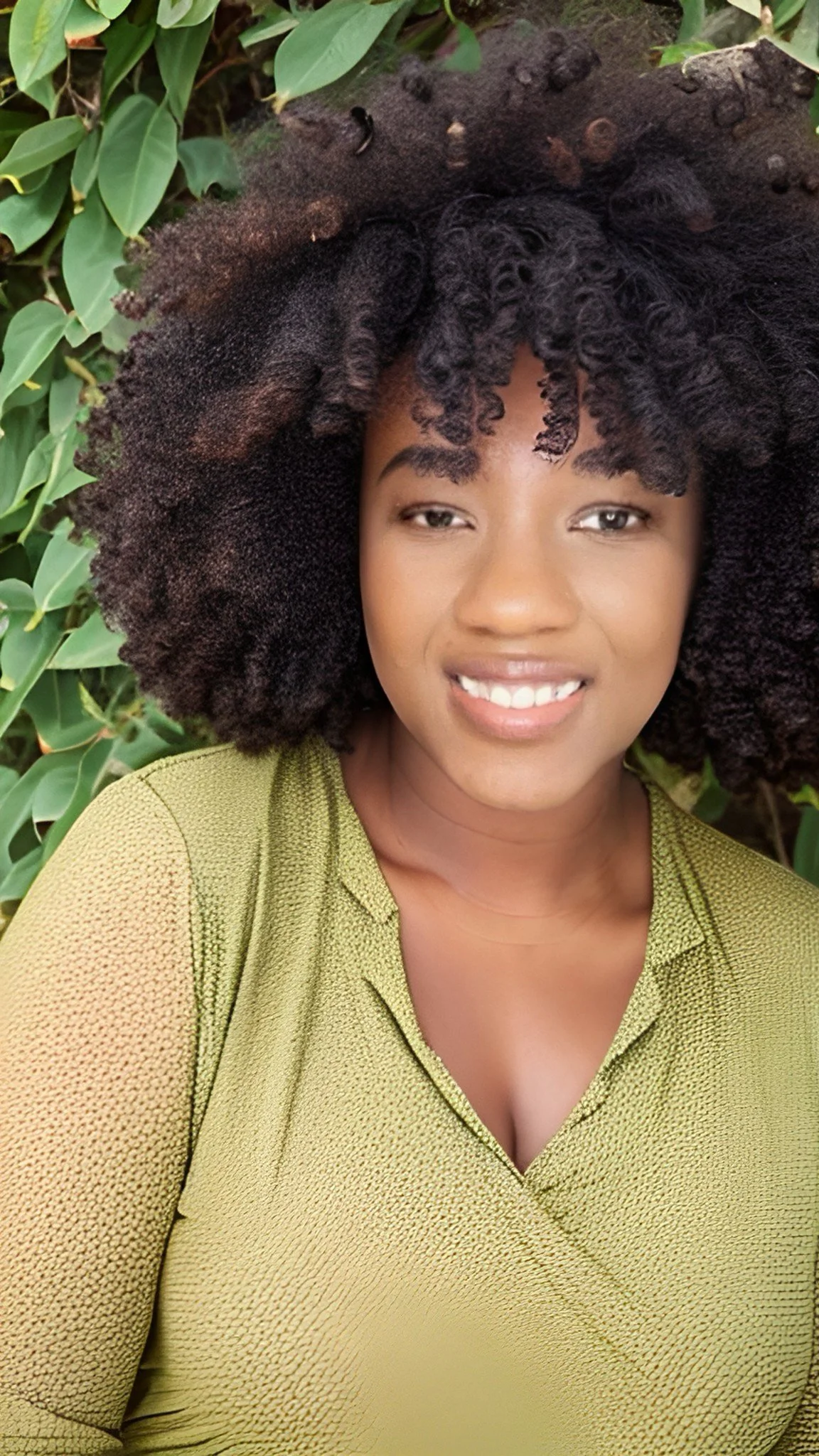Surviving the Storm: How Childhood Trauma Shaped My Calling
By Vivian Moyo
My name is Vivian, and I was born in Zimbabwe in 1985. My life began with loss, hardship, and silent grief. By the time I was just three years old, my mother had passed away. I was too young to remember the smell of her perfume, the sound of her laugh, or even the warmth of her embrace. That loss became the first wound I carried—a silent trauma that I didn’t yet have the words to understand.
Growing up without a father only deepened my feelings of rejection, abandonment, and loneliness. I had no idea how to process the emotional storms that raged within me, so I did what many children in pain do—I suppressed it. I moved forward as though nothing had happened, even though everything had.
My grandmother stepped in to raise me with a love so fierce it almost filled the void. She was my anchor, the closest thing I had to a mother. But just when I began to feel safe again, she too passed away. Another wave of grief hit—another bond broken too soon.
Before she left this world, she gave me a gift I would forever cherish: she brought me to the UK when I was 11 years old and placed me in the care of my uncle. He loved me as his own daughter, and to this day, I remain deeply grateful for his care, protection, and unwavering support. Still, despite this newfound safety, the emptiness never left me. I was surrounded by love, but inside, I felt lost.
Have you ever felt like you didn’t belong anywhere? Like there was a part of you missing, even in a room full of people who love you? That was my reality for most of my teenage years.
By the time I turned 17, I knew something had to change. I had to leave—not to escape the people around me, but to find the pieces of myself that had been scattered by trauma and grief. I was lost, searching for healing, even though I didn’t yet have the words for it.
The Silent Struggle
What hurt the most wasn’t what people did or said—it was what I felt inside. The shame. The confusion. The silence. I believed that if I ever spoke up, no one would understand. So I didn’t.
Expressing my emotions felt impossible. I didn’t have the language, the tools, or the safety. Instead, I found refuge in journaling. Writing became my lifeline. It was the only space where I could be fully honest with myself, even when I couldn’t be with others.
Trauma has a way of stealing your voice. I became quiet, withdrawn, a shell of the vibrant person I was meant to be. I feared that if I revealed my true feelings, I would be rejected or left behind again. So I adapted. I became a people-pleaser, always seeking validation, always bending to meet others’ expectations.
For those of us who’ve grown up with childhood trauma, people-pleasing isn’t about being nice—it’s about survival. When you grow up without your parents, when the world feels unsafe, you do whatever it takes to feel secure, even if that means silencing your own needs.
I buried my pain so deeply, I started to believe it wasn’t real. I convinced myself that everything was fine. But the truth is—unhealed trauma never disappears. It doesn’t stay buried. It shows up in our health, our relationships, our self-worth. It whispers lies into our minds. It holds us back from becoming who we truly are.
For years, I lived with unspoken wounds. Wounds that shaped every decision I made, every relationship I entered, and every wall I built around my heart.
From Pain to Purpose
My work today as a therapist and life coach was born from these very experiences. This is not just a job—it’s my mission. Every person I work with is a reflection of a part of me that once needed healing, safety, and truth.
I know what it feels like to carry invisible wounds. I know how lonely it can be to walk through life pretending you’re okay when you’re silently screaming inside. That’s why I do what I do—to help others walk their own path of healing and rediscovery, and to remind them they don’t have to do it alone.
Healing isn’t something we are meant to do in isolation. We heal in safe spaces. We heal when someone listens without judgment. We heal when someone says, “I see you. I hear you. You matter.”
That’s the kind of space I hold for others. That’s why I became a therapist and coach—because I believe in transformation. I believe in breaking generational cycles. I believe that your past doesn’t have to define your future.
Surviving the Storm
Yes, I survived the storm—but I didn’t just survive. I transformed. I grew. I healed. And now I help others do the same.
If you’re reading this and carrying your own story of pain, abandonment, or confusion—please know this:
You are not alone.
Your healing matters.
And your story is not over.
You were never meant to carry it all by yourself.
Let’s walk this journey together.


